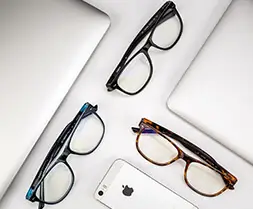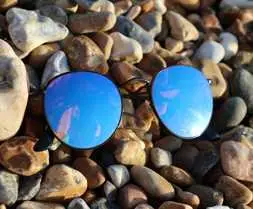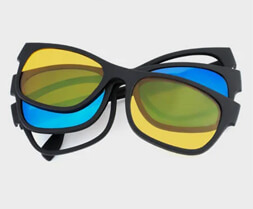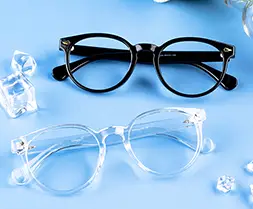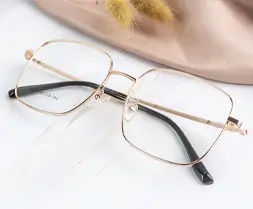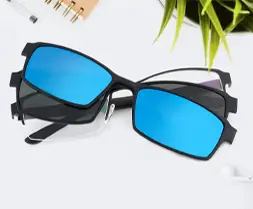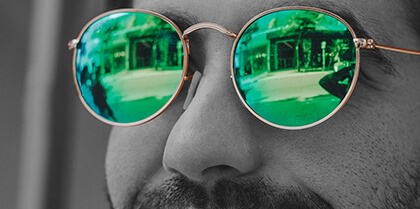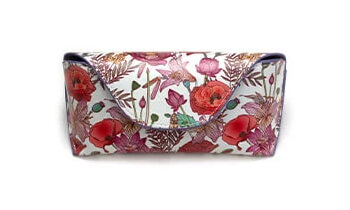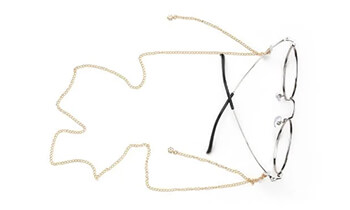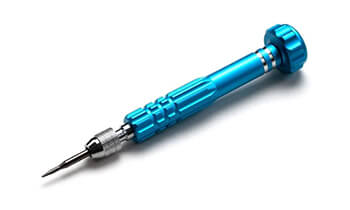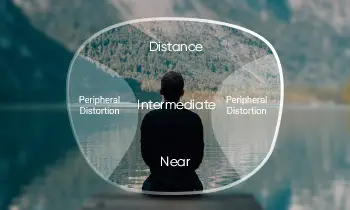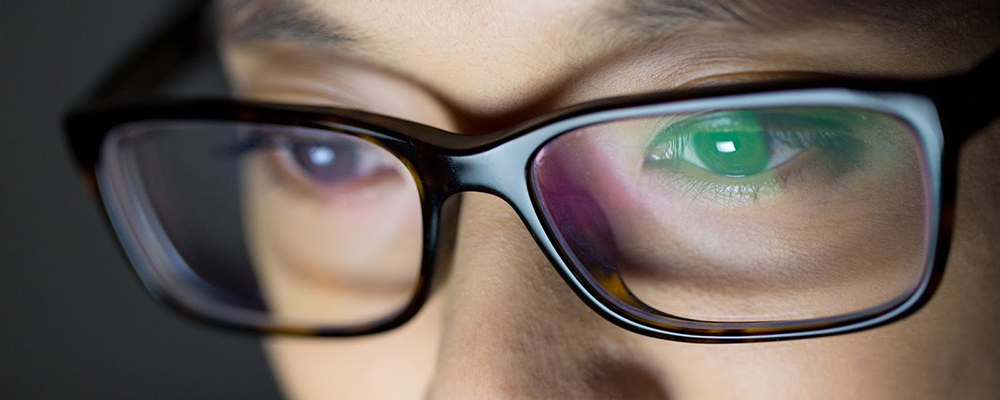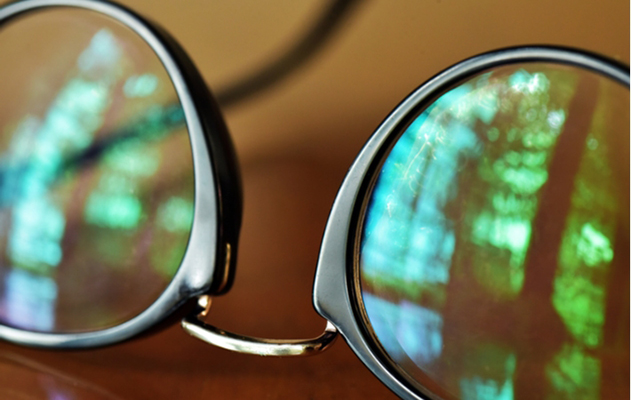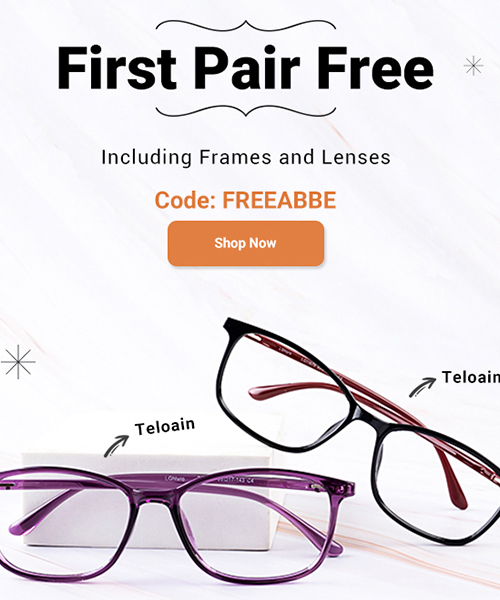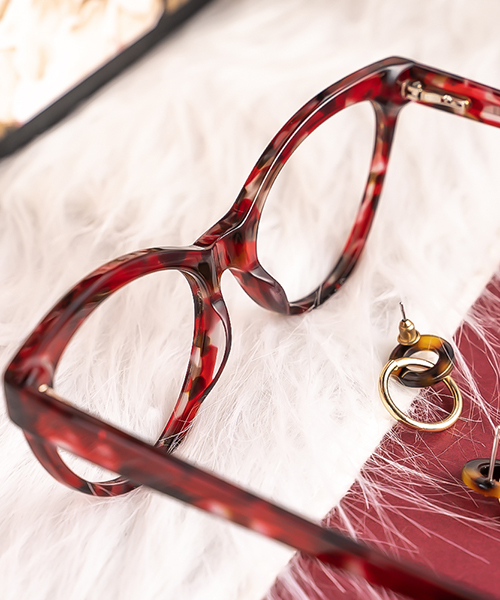When it comes to eyeglasses or camera lenses, one of the most frustrating things is glare or reflections that can affect the clarity of our vision or photos. This is where lens anti-reflective (AR) coating comes into play. This coating is designed to reduce reflections on the surface of the lens, allowing for clearer, sharper images and improved vision.
What is Lens Anti-Reflective Coating?
Lens anti-reflective coating is a thin, multilayered coating that is applied to the surface of a lens. The coating reduces the amount of light that reflects off the surface of the lens and therefore, reduces glare. This results in improved visual acuity and comfort for the wearer. The AR coating is most common lens coatings on the surface of a lens.
How Does It Work?
The coating works by creating an interference pattern that cancels out the reflected light waves, allowing more light to pass through the lens. This is done by applying a series of very thin layers of materials that have different refractive indexes. The layers are designed to reflect different wavelengths of light, so that the overall effect cancels out the reflected light waves.
What Are the Benefits of AR Coating?
There are several benefits to having an anti-reflective coating on your lenses:
1. Improved Clarity: By reducing glare and reflections, the coating allows more light to pass through the lens, resulting in clearer and sharper images.
2. Improved Visual Acuity: Because the coating reduces reflections, it can improve visual acuity, especially in low light conditions.
3. Improved Comfort: Glare can cause eye strain and fatigue, especially when using electronic devices or driving at night. The coating reduces glare, making it more comfortable to wear glasses or use electronic devices for extended periods.
4. Aesthetic Appeal: The coating can also improve the appearance of glasses, as it reduces the appearance of reflections on the lenses.
5. Scratch Resistance: Some AR coatings come with added scratch resistance, which can help protect the lenses from scratches and other damage.
6. UV Protection: Many AR coatings come with added UV protection, which can help protect the eyes from harmful UV rays.
How to tell if a lens has AR coating
It can be difficult to determine if a lens has anti-reflective (AR) coating just by looking at it. However, here are a few things you can try:
Check for reflections: One of the most obvious signs of an AR coating is that the lens will have very few reflections. Hold the lens up to a light source, and if you see very few reflections, then it is likely that the lens has an AR coating.
Hold your glasses, tilt them this way and that and look for glare. What you will see if you have an anti-reflective coating is a bit of glare, but mostly a greenish and pinkish color.
Ask the manufacturer or retailer: If you are unsure whether your lens has an AR coating, you can always contact the manufacturer or retailer and ask them directly.
Are There Any Disadvantages to AR Coating?
While there are many benefits to having an anti-reflective coating on your lenses, there are also some disadvantages to consider. For example:
Cost: AR coatings can add to the cost of glasses or lenses. However, many people find the benefits to be worth the additional cost.
Durability: Some AR coatings can be prone to scratching, which can reduce their effectiveness over time.
Maintenance: AR coatings require special care to keep them clean and in good condition. Using the wrong cleaning products or techniques can damage the coating and reduce its effectiveness.
Lens anti-reflective coating is a valuable addition to any pair of glasses or camera lens. It can improve clarity, visual acuity, comfort, and aesthetics, while also providing added scratch resistance and UV protection. However, it's important to consider the cost, durability, and maintenance requirements before investing in AR coating. If you decide that AR coating is right for you, be sure to work with a reputable provider who can help you choose the best coating for your needs and provide guidance on how to care for your lenses.



